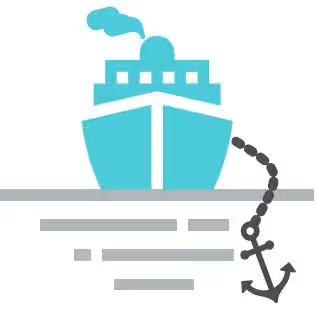Diversion – Definition and Pronunciation
What is Diversion?
Diversion is the flexible routing of LNG cargoes where gas suppliers will seek to move cargoes to markets. Diversion rights for sellers and buyers in LNG supply contracts create opportunities for physical arbitrage, depending on the correlation of such demand and price variations between regional markets.
Examples of Diversion
Two key points to address in situations of cargo diversions are the allocation of non-avoidable costs between the parties (e. g. receiving terminal costs, pipeline tariffs, and damages for missed natural gas sales) and whether and how the parties should share in the profit obtained through the diversion sale.
From “Liquefied Natural Gas and Gas Contracts”.
Gas-fired plants can also be used to run facilities for water storage, desalinization, diversion for mitigation of drought or flooding irrigation, and controlling or containing environmental releases of hazardous materials, process solutions and/or impacted water.
From “Domestic market for relationships on LNG sales”.
Reliquefied LNG condensate is typically returned to the bottom of designated cargo tanks via dedicated pipelines. There may also be an interconnection between the dedicated condensate line and the LNG spray line, enabling the diversion of LNG condensate return to other cargo tanks as required.
From “Preparation of loading and unloading operations for LNG/LPG carriers”.
